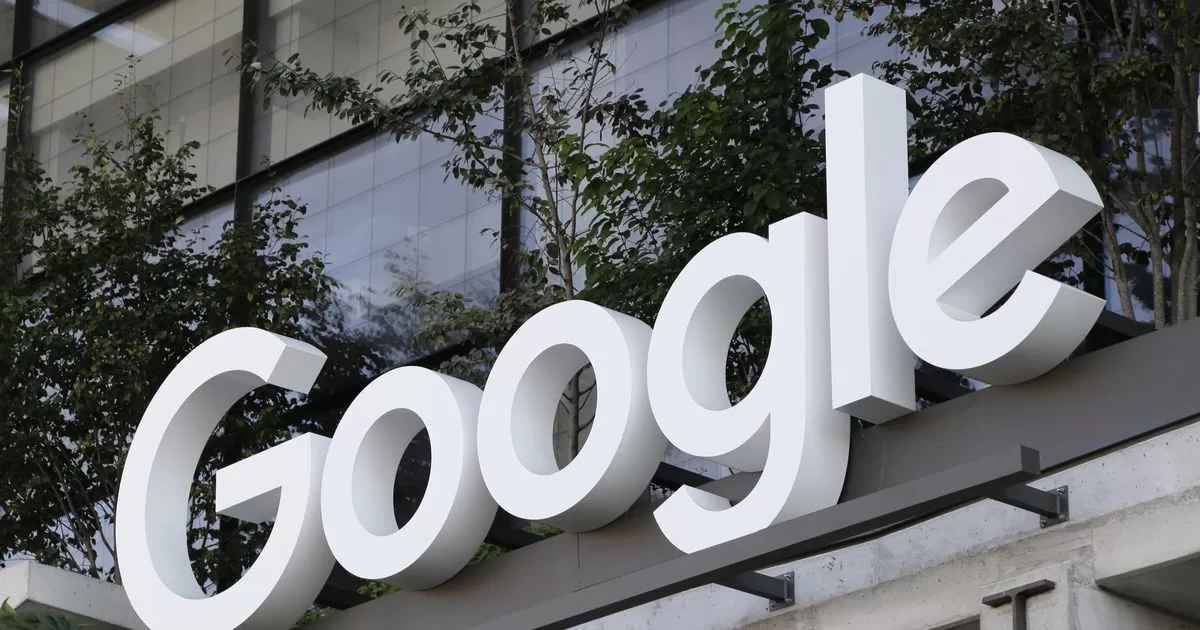Among the cybersecurity companies that bear the name of their founders, Kaspersky is one of the most traditional in the field. It is also one of the few that still has the man behind the brand actively in their corners, managing the company and being the face of events, announcements and reports. Eugene Kaspersky is at the forefront of the business, and is also one of the leading experts on the use of technology in digital warfare operations, with some controversies in this regard to call his own.
Today one of the main names when it comes to cybersecurity, Kaspersky provides software for smartphones and end-user computers, in addition to corporate device protection systems and threat intelligence platforms. An example of this strength is the fact that the company is the three-time champion of the Canaltech Award among the best services in the business, a category that is decided by popular vote.
Outside of software and protection systems, Eugene Kaspersky is also a major supporter of an international treaty banning government-funded digital attacks. Since the 2010s, the expert has already spoken about the danger of digital scams against essential infrastructure and services while supporting an idea of internet regulation, based on identity and access control, which receives criticism about its political alignments and possible breaches in privacy of users.
From the secret service to viruses
Simplification is the name by which Yevgeny Valentinovich Kaspersky is known. Born in 1965 in the Soviet Union, in a city close to the capital Moscow, he showed an interest in mathematics and programming from a very young age, greatly influenced by his father, who was an engineer. Among prizes for excellence in the subject and passages through schools focused on teaching numbers, he entered the Higher School of the KGB at age 16, as the Secret Service of the Soviet bloc was called and one of the main preparatory institutions for intelligence agents for the country.
Graduated in 1987, he went on to work as a software engineer for the Soviet government. Two years later, as in so many other stories by cybersecurity specialists, interest in the sector arose from direct contact with one of the first viruses to appear in the segment. Cascade was one of the first major threats to spread mainly across Europe, and as such, it became the subject of study in the Soviet Union, with Kaspersky becoming one of those responsible for understanding how the plague works and could be removed from a computer.
While following his official work, the specialist started to develop an antivirus as a hobby that became his profession in 1991, when he was discharged from the military service. He went on to work for a company called KAMI which, in 1992, released the tool rebranded as Antiviral Toolkit Pro, focused on the Ukrainian and Russian markets. Commercial success, as well as an award received by the University of Hamburg, Germany, made the application gain the attention of the world, mainly from companies in the United States.
This is how Kaspersky Lab was born, which in 1997 had Eugene as director of research and his then-wife, Natalya Kaspersky, as CEO. Success did not take long to come, with the spread of the CIH virus (also known as Chernobyl) scaring users around the world for its power to destroy computer BIOS; the brand’s antivirus was the only one capable of identifying or neutralizing contamination at that time, in addition to being the pioneer in features that are common today, such as quarantine for contaminated files.
The company with 13 employees in 1997 reached 2000 with 65 employees and an annual growth of 280% in revenue. At the turn of the millennium, the first version of Kaspersky Antivirus was also launched, the name still used today, while the founder and research director continued to study new variants of the plague and participated in conferences in which he disclosed his findings and the products themselves, ending up for being recognized as one of the world’s leading experts in digital security.
Today, the company claims to have the largest and most complete collection of viruses and cybersecurity threats, with its products capable of identifying and preventing attacks from more than 500 million malicious programs. Kaspersky does business in over 200 countries and 34 regional offices, in addition to more than 400 million users.
Die Hard and the “Start” of the Digital War
While working with end-users, Eugene Kaspersky’s interest was also focused on corporate protection and, particularly, the threat of digital terrorism, which he saw as coming. In the midst of such studies, he founded the GReAT (Global Research and Analysis Team by Experts), which still exists today, but at the beginning, it was oriented not to speak publicly about threats of a geopolitical nature as a way of not encourage gangs to work in this direction.
Everything changed, however, in 2007, when the film Die Hard 4.0. The action film featured the classic character of John McClane (Bruce Willis) on a mission to protect a hacker who, unknowingly, collaborated with a terrorist group in launching a cyber attack against the infrastructure of the United States, reaching from the transport system to the stock market. For Kaspersky, what was once a trend was about to become a reality with a little help from Hollywood.
Three years later, the prediction came true with the launch of the Stuxnet virus against uranium enrichment plants used by Iran. It was the first malware created with a focus on industrial systems and written specifically for the scam it was used for, mass-disseminated but only acting on the specific hardware it was designed for; while its origin is not known, it is believed that it was developed by an international government, due to its political and military functioning.
Kaspersky study groups, then, began to focus on international threats, being responsible for revealing pests focused on different countries. It was from the company’s reports that the first details came out about the Equation group, which would carry out digital espionage operations at the behest of the US government and the Flame malware, focused on operations against countries in the Middle East.
Solid foundations, attacks and dangerous relationships

In 2007, Eugene Kaspersky becomes CEO of the company he founded, while in 2011, he decides not to list the company’s shares on the stock exchange. The expert believed that negotiating shares would disrupt the company’s research and development work, displeasing investors and resulting in the departure of some of the company’s key executives, including his ex-wife, from whom he separated in 1998.
In the meantime, its work towards regulations against government attacks continues. In 2012, Kaspersky opens a new branch of his company, focused only on protection systems for critical infrastructures, while he continued to travel the world presenting not only his products, but also the controversial ideas of a network based on identity verification and different controls of access.
For him, the internet should be divided into “zones”: a red one for critical uses such as essential systems, finance, voting and document handling, a gray one with age checking, but not identity, for access to inappropriate sites and a third , green, more open and unrestricted, with news, blogs and other elements related to freedom of expression, without tracking or monitoring. Thus, he points out, it would be possible to collect data from malicious agents and reach cyber attackers more easily.
Such records would be managed by an autonomous international entity that would associate virtual identities with those of the real world, sharing information with security agencies when necessary. The proposal, however, receives criticism regarding possible breaches of privacy, anonymity and abuse of power, in addition to being associated with the methods of controlling the network used by the Russian government.
This association also led to accusations that Kaspersky and his company were allies of Vladimir Putin’s government. Among the allegations would be lenient stances on spyware and other pests affiliated with the country or manipulations of software to share information with the Kremlin; Eugene has always denied such accusations and claims that part of his work routine is precisely to deal with such suspicions and ensure the reliability of his solutions, mainly for the corporate market.

Yet in 2019, the US government banned official agencies from using Kaspersky security products. In addition, Eugene Kaspersky was included in an act signed by Donald Trump in 2017 that imposes sanctions on companies and executives of Russian, Iranian and North Korean origin; in his case, the quote appears in reports identifying oligarchs associated with Putin and other senior members of the country’s government.
More recently, about two months after the start of Ukraine’s war against Russia, the German government recommended that companies in the country uninstall the company’s products. In response, Kaspersky said the nomination was purely political and sought to punish a company that was born in the invading country, but would have no direct connection with Putin’s government.
Today, Eugene Kaspersky remains CEO of the company he founded and continues to appear at cybersecurity industry events. He has two children and is considered one of the richest men in Russia, with an estimated net worth of $1 billion. Outside of work, he enjoys motorsport and photography, also sponsoring events and projects focused on science, technology, digital protection and aerospace research.





